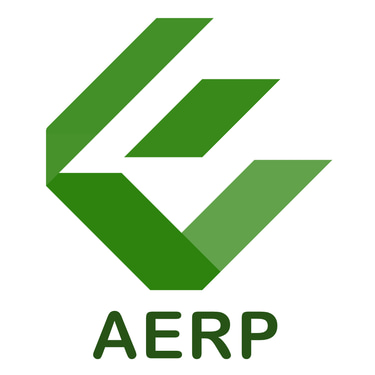
Plant Engineer
A Plant Engineer, also known as a Plant Maintenance Engineer or Plant Maintenance Manager, is a professional responsible for overseeing the maintenance, operation, and optimization of industrial plants or manufacturing facilities. Their primary role is to ensure the safe, efficient, and reliable operation of the plant's equipment, machinery, and systems. Plant Engineers play a critical role in maximizing production efficiency, minimizing downtime, and ensuring that the plant operates at its optimal capacity.
Maintenance Management: Developing and implementing a comprehensive maintenance program for the plant's equipment and machinery. This includes preventive maintenance schedules, corrective maintenance plans, and spare parts management.
Equipment Inspection and Monitoring: Conducting regular inspections of plant equipment to identify signs of wear, damage, or potential issues. Monitoring equipment performance and analyzing data to detect trends and potential problems.
Safety and Compliance: Ensuring that plant operations comply with safety regulations, industry standards, and company policies. Implementing safety measures to minimize risks to personnel and equipment.
Root Cause Analysis: Investigating the root causes of equipment failures and reliability issues to implement corrective actions and prevent recurrence.
Energy Efficiency and Optimization: Identifying opportunities to improve energy efficiency and reduce operational costs through equipment optimization and process improvements.
Troubleshooting and Repairs: Diagnosing equipment malfunctions and coordinating timely repairs to minimize downtime and production disruptions.
Project Management: Overseeing plant improvement projects, equipment upgrades, and modernization initiatives. Developing and managing the maintenance budget, optimizing expenses, and controlling maintenance-related costs.
Regulatory Compliance: Ensuring that the plant meets environmental regulations and regulatory requirements related to equipment maintenance and operation.
Continuous Improvement: Identifying areas for process improvements and implementing best practices to enhance plant performance and reliability. Providing training and supervision to maintenance staff to ensure they are equipped to perform their roles effectively and safely.
keys Roles and Responsibility






Software Skills
Autodesk Plant3D - Getting Started
CADWorx - Getting Started
Power BI - Creating Interactive Data Dashboard
Tableau - Creating Interactive Data Dashboard
Technical Skills
OSHA PSM - What is Process Safety Management
Fundamentals of Risk Analysis
Advance Control System - Indepth Learning of PLC, DCS, SCADA, HMI, RTU and Smart Instrumentation
ASME - B16 Valves, Flanges, Fittings, and Gaskets
Basic Control System - Get Familiar with PLC, DCS, SCADA, HMI, RTU and Smart Instrumentation
Centrifugal Pumps: Testing, Design, and Analysis
Design of Fluid Thermal Systems
Flow-Induced Vibration with Applications to Failure Analysis
Fundamentals of Pumps and their Selection for Optimum System Performance
Fundamentals of Valves and their Selection for Optimum System Performance
Mechanical Power Transmission
Pressure Relief Devices: Design, Sizing, Construction, Inspection and Maintenance
Process Equipment and Plant Design Layout
Understanding of Steam, Gas, HRSG, and Co-gen Plant
Vibration measurements & Spectrum Analysis
Bearing and Seals Fundamentals
Belts and Pulley Fundamentals
Certification
How to become SMRP - Certified Maintenance and Reliability Professional?
How to become ASQ - Certified Reliability Engineer?
How to become IAM - Asset Management Professional?
How to become IFMA - Certified Facility Manager?
How to become AFE - Certified Plant Engineer?
How to become Vibration Analyst?
